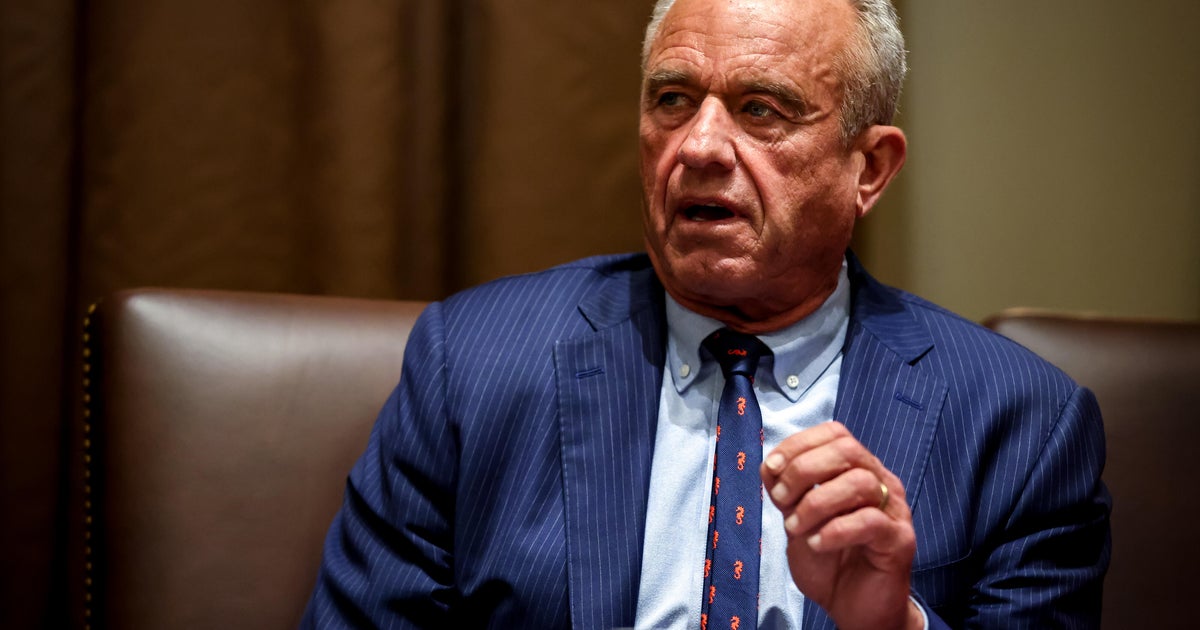Health Care Showdown: 23 States Blast Trump's HHS Over Massive $11B Funding Cut

In a bold legal challenge, Rhode Island has launched a lawsuit challenging the Department of Health and Human Services (HHS) over controversial cuts to critical public health grants. The legal action alleges that the funding reductions are not only unjustified but fundamentally illegal, potentially threatening essential health services across the state.
The lawsuit represents a significant stand against federal budget decisions that could dramatically impact local health infrastructure. By contesting these cuts, Rhode Island aims to protect vital public health programs and ensure continued support for community health initiatives.
Legal experts argue that the HHS funding cuts could have far-reaching consequences, potentially undermining healthcare access and preventative services for vulnerable populations. The state's proactive approach signals a determined effort to safeguard the health and well-being of its residents in the face of potentially damaging federal policy changes.
